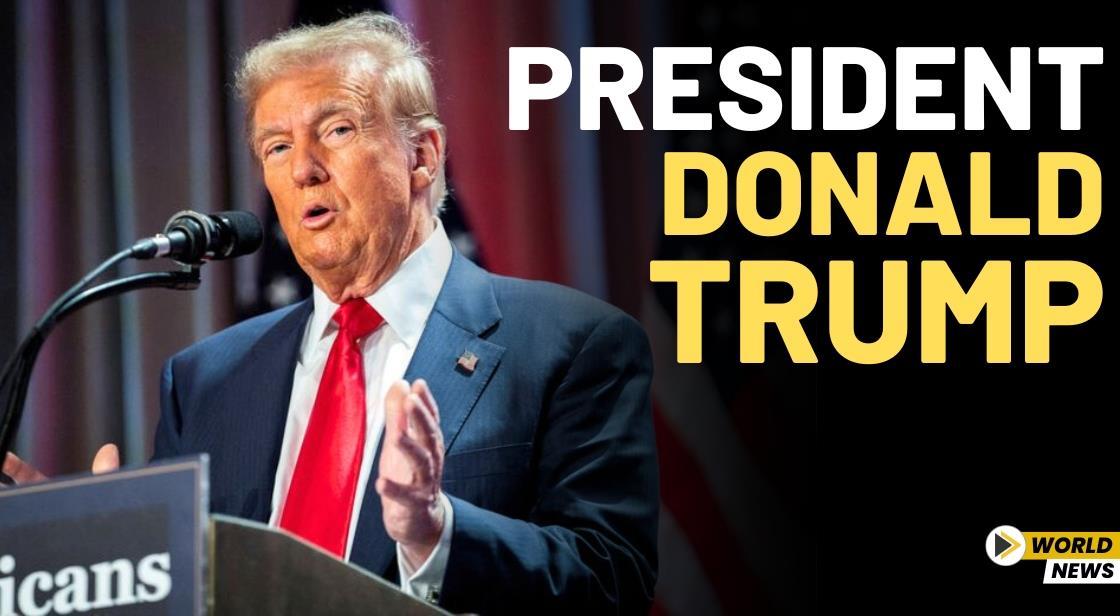Trump to Impose Pharma Tariffs to Bring Drug Manufacturing to U.S.

Podcast
News Synopsis
During a fiery address at the National Republican Congressional Committee, President Donald Trump ridiculed nations affected by the U.S.’s harsh tariff policies. Displaying his characteristic bravado, Trump said these countries were practically pleading for relief from the economic pressure.
“They are dying to make a deal—’please sir make a deal, I’ll do anything, I’ll do anything sir,’” he said, portraying how these nations reacted under the weight of U.S.-imposed tariffs.
Trump boasted about his negotiating prowess, asserting that his tough stance was bringing foreign nations to the table, desperate to strike deals on America’s terms.
Trump Criticizes ‘Rebel Republicans’ and Congress Over Tariff Powers
President Donald Trump didn’t hold back when addressing internal party criticism either. Some Republican lawmakers have expressed discomfort over the President’s tight grip on trade negotiations, suggesting Congress should step in.
Rejecting Legislative Control Over Tariffs
He sharply dismissed those suggestions, defending his unilateral approach to tariff implementation. Trump emphasized the importance of strong executive control over international trade decisions, citing the high-impact tariffs on China as a direct result of his leadership.
“If that were the case, China wouldn’t have been slapped with 104 per cent tariffs, and vice versa,” Trump noted.
The President warned that transferring tariff negotiation authority to Congress would end disastrously for the American economy.
“Congress takes over negotiating to sell America fast because you’re going to go busted,” he warned.
“That would be a win for China. We’d end up paying tariffs to them instead of the other way around.”
Trump Announces Upcoming Pharma Tariffs to Reshuffle Global Drug Manufacturing
Shifting his focus to the pharmaceutical sector, Trump revealed that he is planning a significant round of new tariffs aimed specifically at pharma imports. His goal? To reduce America’s reliance on foreign-made drugs and to encourage companies to bring manufacturing back home.
“Tariffs on pharma will be there because we don’t make our own pharma drugs; they are made in another country,” Trump declared.
The former President criticized the inflated pricing of drugs in the U.S. compared to global markets, claiming that some pharmaceuticals are priced over USD 10 more than in other countries.
A Tariff Strategy to Attract Pharma Back to U.S. Soil
Trump expressed confidence that imposing strict tariffs would drive pharmaceutical companies to shift their production facilities to the United States.
“We are going to tariff pharma in such a way that companies will come rushing to us very soon,” he stated.
“Very shortly, we will announce a major tariff on pharma, and when these companies hear that, they will leave China and other countries because most of their products are sold here. And they will be opening their plants here.”
This upcoming move aligns with Trump’s broader strategy to bolster domestic manufacturing and reduce dependency on foreign supply chains, especially from strategic competitors like China.
Conclusion
In a characteristically defiant tone, Donald Trump reinforced his tough-on-trade stance, targeting both international rivals and domestic critics. His mockery of nations impacted by U.S. tariffs underscores his belief in aggressive economic tactics as a path to favorable trade deals.
His comments also suggest a strong push to bring pharmaceutical production back to American soil, citing unfair drug pricing and dependency on foreign manufacturing as key issues.
By teasing a sweeping new pharma tariff policy, Trump is clearly positioning himself as a champion of economic nationalism and domestic industry revival.
Whether these strategies will yield the intended results remains to be seen, but one thing is clear—Trump’s approach continues to reshape the global trade conversation in bold and controversial ways.





